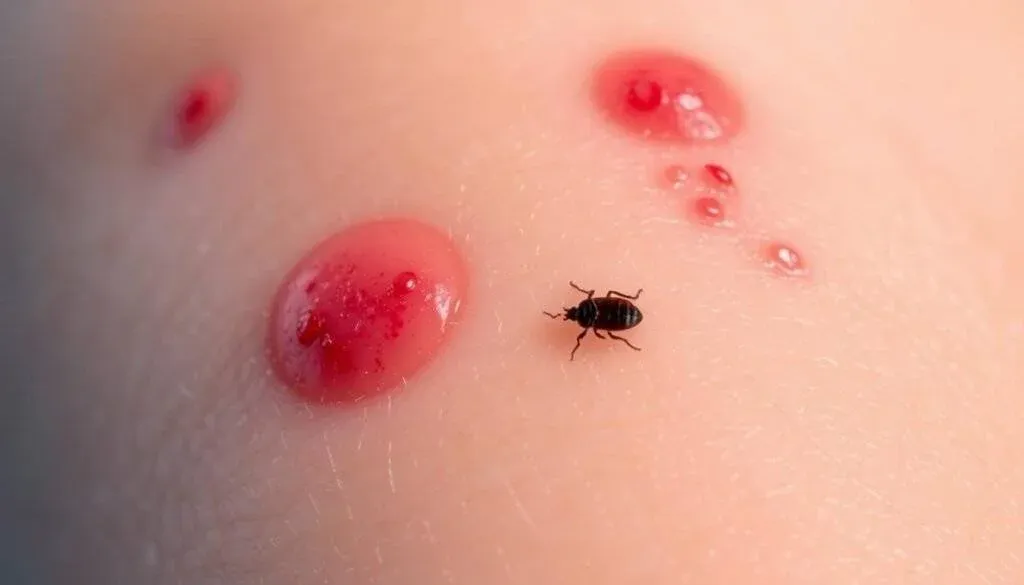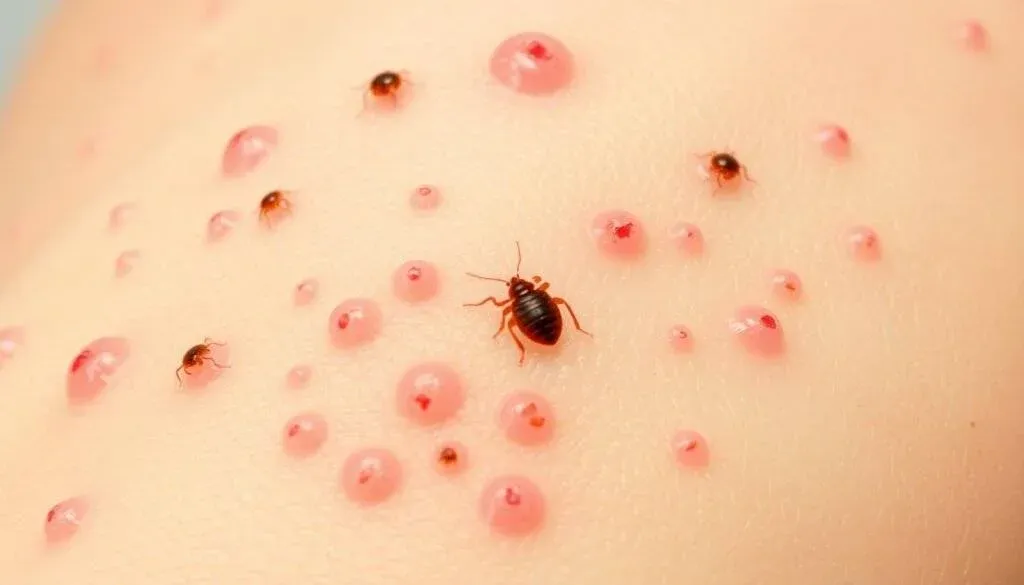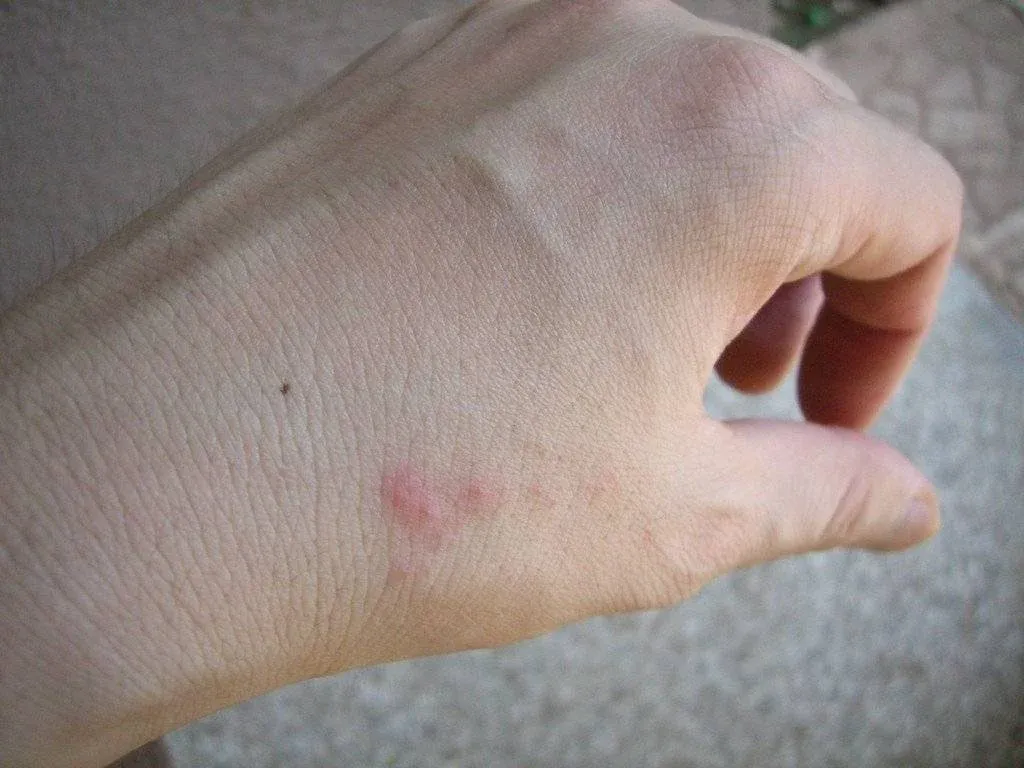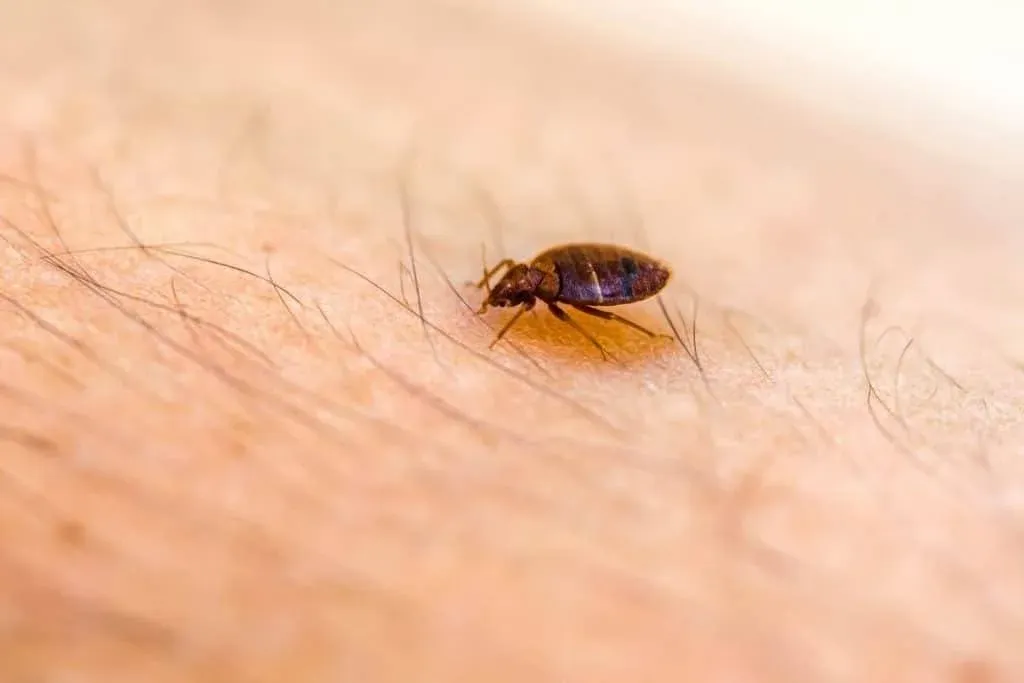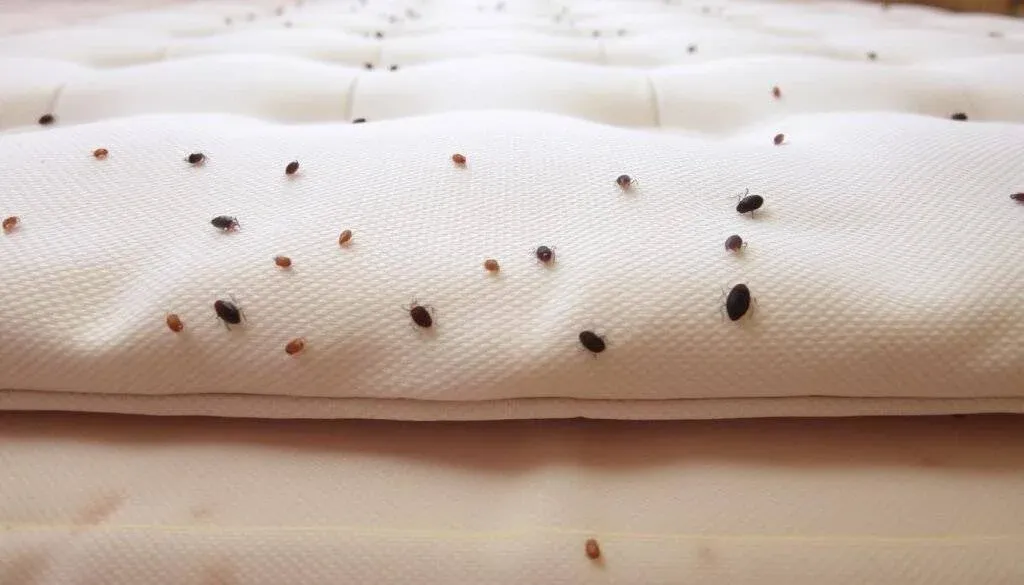Bed bugs are small, reddish-brown insects that feed on human blood, often while you sleep. While most people experience mild skin irritation from their bites, some individuals may develop a more serious allergic reaction to bed bug bites. These reactions can range from mild swelling to severe allergic responses that require medical attention. Understanding the symptoms, causes, and treatment options can help you respond quickly and avoid complications.
Understanding an Allergic Reaction
An allergic reaction to bed bug bites occurs when the body’s immune system overreacts to proteins in the bed bug’s saliva. When a bed bug pierces the skin, it injects saliva containing anticoagulants and anesthetics. In sensitive individuals, the immune system identifies these proteins as threats, triggering inflammation, itching, and other allergic symptoms. This reaction varies in severity, depending on a person’s immune sensitivity.
Common Symptoms of an Allergic Reaction to Bed Bug Bites
While mild bites may only cause small, red bumps, an allergic reaction often produces more intense symptoms, such as:
Large, swollen welts that are significantly bigger than typical bites
Intense, persistent itching that worsens over time
Blistering or oozing of fluid from the bite site
Rash spreading beyond the initial bite area
Burning sensation or heat around the affected skin
In rare but severe cases, an allergic reaction can lead to systemic symptoms like difficulty breathing, dizziness, or swelling of the lips and tongue — signs of a potentially life-threatening condition called anaphylaxis.
How to Differentiate Between a Normal Bite and an Allergic Reaction
A normal bed bug bite usually appears as a small, red bump that resolves within a week. However, with an allergic reaction to bed bug bites, symptoms tend to escalate quickly, and swelling may extend well beyond the bite area. Normal bites also tend to appear in clusters or straight lines, whereas allergic reactions often result in widespread redness and inflammation.
Causes and Risk Factors
Not everyone experiences an allergic reaction to bed bug bites. Factors that increase the risk include:
Genetic predisposition — A family history of allergies may make you more sensitive.
Weakened immune system — People with certain health conditions may react more severely.
Previous exposure — Repeated contact with bed bugs can sensitize your immune system over time.
Skin sensitivity — Individuals with eczema or other skin issues may be more prone to irritation.
When to Seek Medical Help
Most bed bug bites heal on their own, but an allergic reaction to bed bug bites may require medical attention if you notice:
Rapidly spreading swelling
Severe pain or intense itching
Signs of infection such as pus, warmth, or fever
Shortness of breath or swelling of the face and throat
In these cases, a doctor may prescribe antihistamines, corticosteroid creams, or even emergency epinephrine for severe allergic responses.
Home Remedies for Mild Reactions
For mild cases of allergic reaction to bed bug bites, you can try these home remedies to reduce discomfort:
Cold compress — Applying ice can reduce swelling and numb the area.
Oatmeal bath — Oatmeal has anti-inflammatory properties that soothe itchy skin.
Baking soda paste — A mixture of baking soda and water can neutralize itchiness.
Aloe vera gel — Its cooling effect provides relief while promoting skin healing.
Over-the-counter hydrocortisone cream — Helps reduce inflammation and redness.
These remedies work best when applied promptly after noticing symptoms.
Preventing Future Bed Bug Bites
The best way to avoid an allergic reaction to bed bug bites is to prevent the bites in the first place. You can do this by:
Regularly inspecting your bed, mattress seams, and furniture for signs of bed bugs
Washing and drying bedding on high heat to kill any hidden pests
Using protective bed covers designed to trap and prevent bed bug infestations
Decluttering your home to reduce hiding spots for bed bugs
If an infestation is suspected, it’s best to contact a licensed pest control professional for thorough elimination.
The Emotional Impact of Allergic Reactions
Beyond the physical discomfort, an allergic reaction to bed bug bites can also cause emotional distress. People often feel anxious about sleeping or spending time in their homes after an infestation. Addressing both the physical and psychological aspects of a reaction is important for full recovery. Support from family, friends, or mental health professionals can help alleviate the stress associated with these experiences.
Conclusion
An allergic reaction to bed bug bites can be uncomfortable, disruptive, and in rare cases, dangerous. Recognizing the signs early, using effective home remedies, and knowing when to seek medical attention are essential steps in managing this condition. Preventive measures, such as regular inspections and professional pest control, can significantly reduce the risk of future infestations and allergic responses. By staying informed and proactive, you can protect yourself from the discomfort and health risks associated with bed bug bites.


